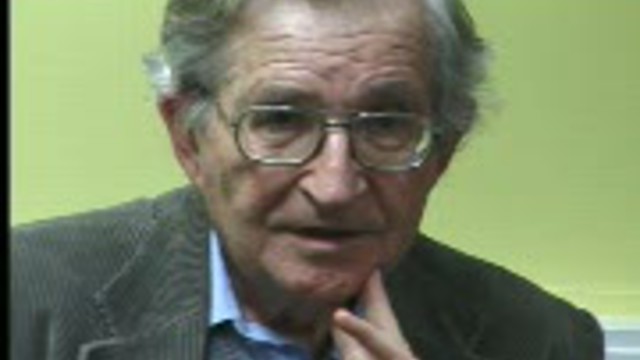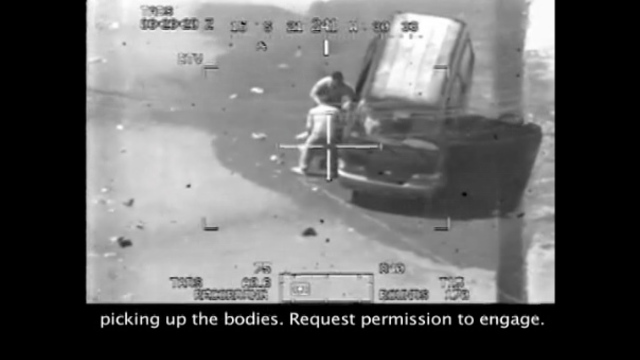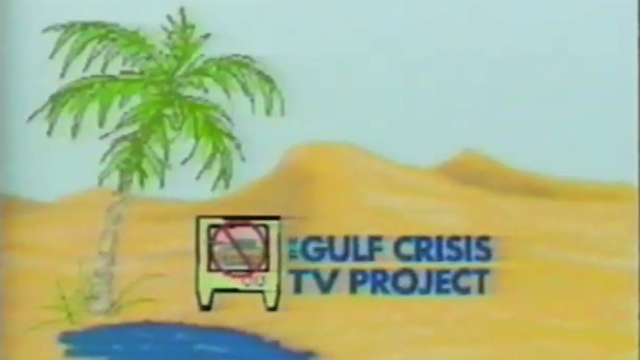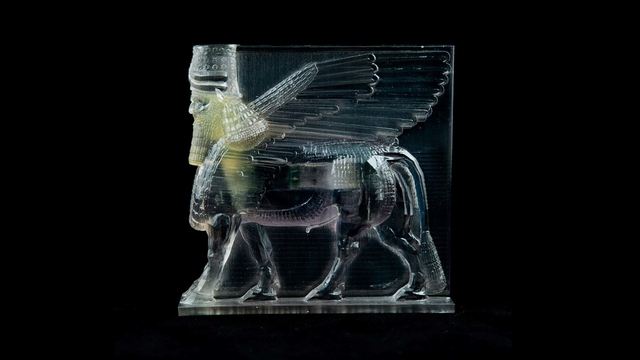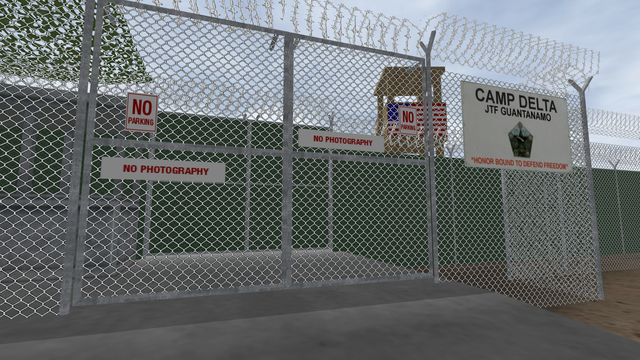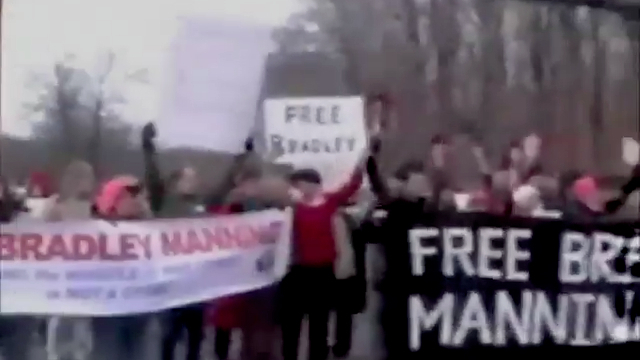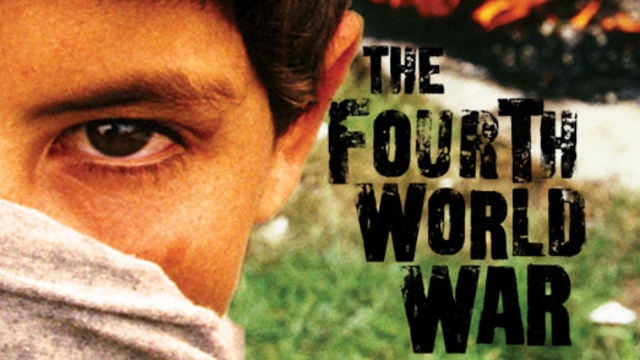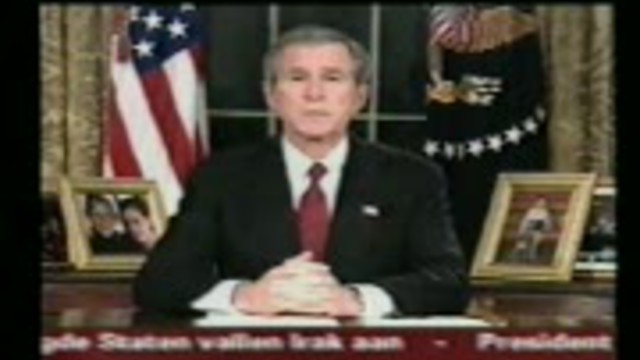Search results for 'Iraq'
Statement by Ashkal Alwan on the indefinite postponement of Home Works 8
We do not regret to inform you that Ashkal Alwan is indefinitely postponing all programmes and events scheduled to take place from October 17-27, 2019 as part of the 8th edition of Home Works: A Forum on Cultural Practices.
make world paper 3
Two years after 911 the global cup looks both half full and half empty. It's hard to be optimistic, yet there are plenty of reasons for it. With the Bush-Blair war machine running out of steam, the movement of movements shifts its attention to alternatives for the WTO, Security Council and similar post-democratic bodies. In the moral desert of the Iraq War the structuration of imaginary consent through the repetitive bombardment of the image began to show severe cracks in credibility. These discrepancies within the represented result in a heightened need for action. The Iraq war didn't fool any one and both sides are still reeling a little from the shock. While maintaining their anger, people moved on from protest to a collective search for that other, possible world. What might a global democracy look like? Would it be a system with representatives and 'rights,' or rather a dynamic set of events, without higher aims?
ReadDon't shoot messenger for revealing uncomfortable truths
WIKILEAKS deserves protection, not threats and attacks.
ReadJeremy Hammond's Sentencing Statement [15/11/13]
Sentenced to 10 Years in Prison, Anarchist Hacker Jeremy Hammond Uses Allocution to Give Consequential Statement Highlighting Global Criminal Exploits by FBI Handlers.
ReadArt and Political Conflict
A public debate at Framer Framed, Tolhuistuin, Amsterdam, Sunday July 6, 2014 - 14.00 - 17.00 hrs.
The relationship between art and political conflict has been
significantly reshaped by the proliferation of digital media and the
internet as a means of instant dissemination of images, texts, and
audiovisual expressions. Artistic /activist actions intervene via these
digital means into an expanded symbolical space that is no longer the
sole sanctuary of artists and art audiences, but instead has become the
'neural fibre' of everyday life.
WikiLeaks statement on the mass recording of Afghan telephone calls by the NSA
Friday 23 May 2014, 05:00 GMT
The National Security Agency has
been recording and storing nearly all the domestic (and international)
phone calls from two or more target countries as of 2013. Both the
Washington Post and The Intercept (based in the US and published by eBay
chairman Pierre Omidyar) have censored the name of one of the victim
states, which the latter publication refers to as country "X".
Oct. 29 #RobinHood Global March
"We take from the rich and give to the poor.
Alright you redeemers, rebels and radicals out there,
We're living through a magical moment ... #OCCUPYWALLSTREET has catalyzed
into an international insurgency for democracy ... the mood at our
assemblies is electric ... people who go there are drawn into a Gandhian
spirit of camaraderie and hope for a new kind of future. Across the
globe the 99% are marching! You have inspired more than you know."
Welcoming the Iraqi Invasion Act
On the occasion of the action by refugees-on-the-street who started a camp outside the Collective Center at Ter Apel in the north of the Netherlands on the 8th of May, Jo van der Spek of M2M wrote the following column. These migrants are supposed to return voluntarily to their country, because the Dutch government believes that they are not in danger there. However the governemnt in Iraq refuses to take them back if they are forced. So they have nowhere to go to, no right to be here and no way to go there. But they act together for a chance to live and live better than before. Why not?
Readmake world paper 2
The World Social Forum, organized twice in Porto Alegre 2001 and 2002, not only prompted a flurry of autonomous self-organization, crossborder organization, and creative media interventions. It also initiated an intense process of analysis and reflection on the tricky question of a 'global' dynamic of self-organization.
ReadCrisis / Media
Sarai-Waag Workshop at Sarai-CSDS, Delhi March 3-5, 2003
"The hottest place in hell is reserved for those who tried to stay neutral in times of crisis..."
- The Inferno, Dante Alighieri
Historical Background of the US Biowarfare Program
In light of the current FBI/Patriot Act investigations against Critical
Art Ensemble (CAE), it is worthwhile to point out two moments from the
history of the US government?s involvement in biowarfare. The first
concerns the specific issue of access to knowledge, education, and
resources in the life sciences. The second concerns the general
backdrop of US biodefense ideology. All of this information has been
confirmed by several sources, and has been in the public domain for
some time (see the references below).
Needless to say, this is not meant to be a comprehensive ?history? of
biowarfare. Instead, it is a perspective on biowarfare from the vantage
point of US involvement. What is evident is that the US government?s
involvement in biowarfare raises far more substantial questions than
the investigation of dissenting artists.
TERROR FEEDS: Inside the Fear Machine
Outer Spaces Conference Series 2017
An analysis of ISIS and its media strategy, the meaning of cyber jihad, and why people enrol as foreign fighters.
The 12th conference of the Disruption Network Lab
Directed by Tatiana Bazzichelli. Studio 1, Mariannenplatz 2, 10997 Berlin.

